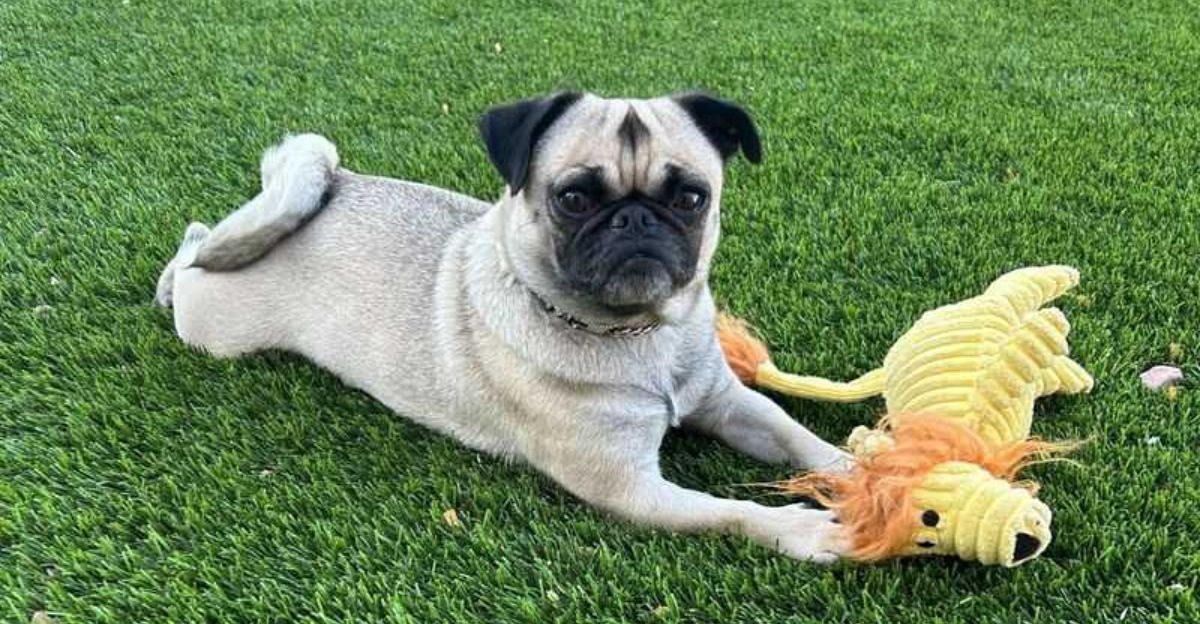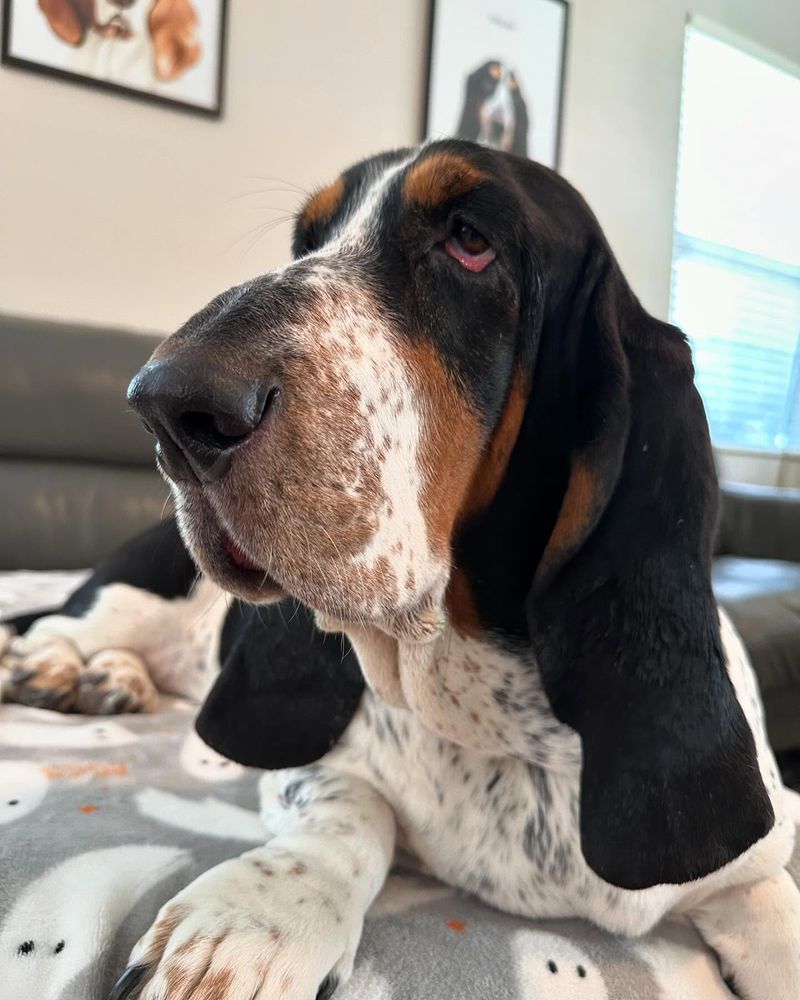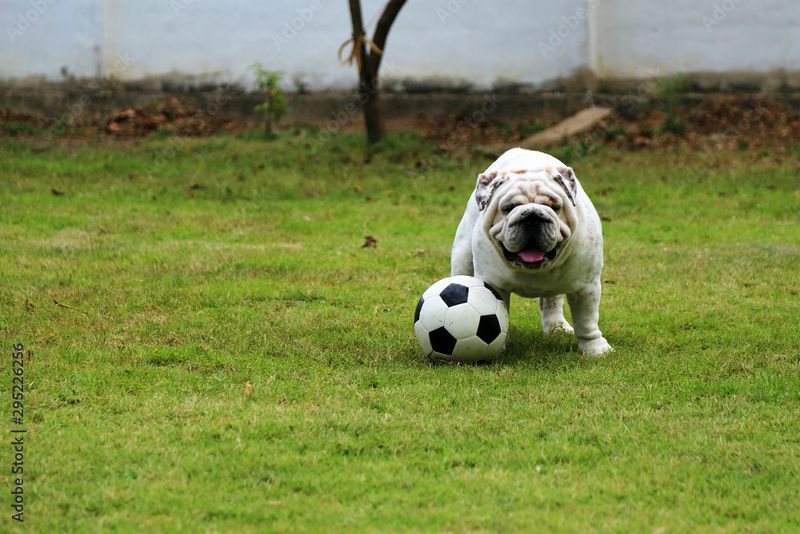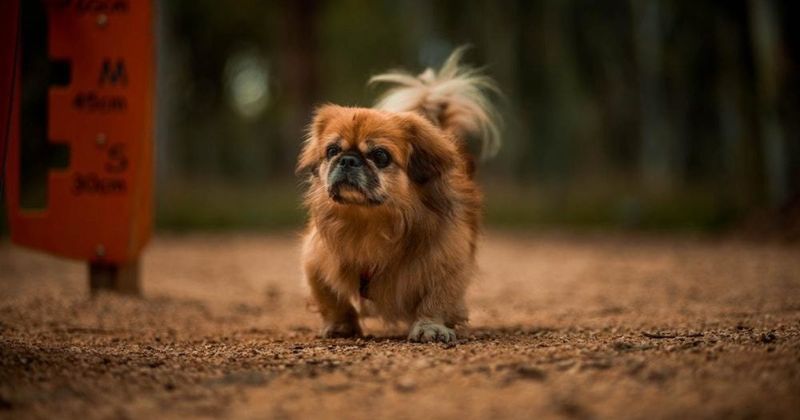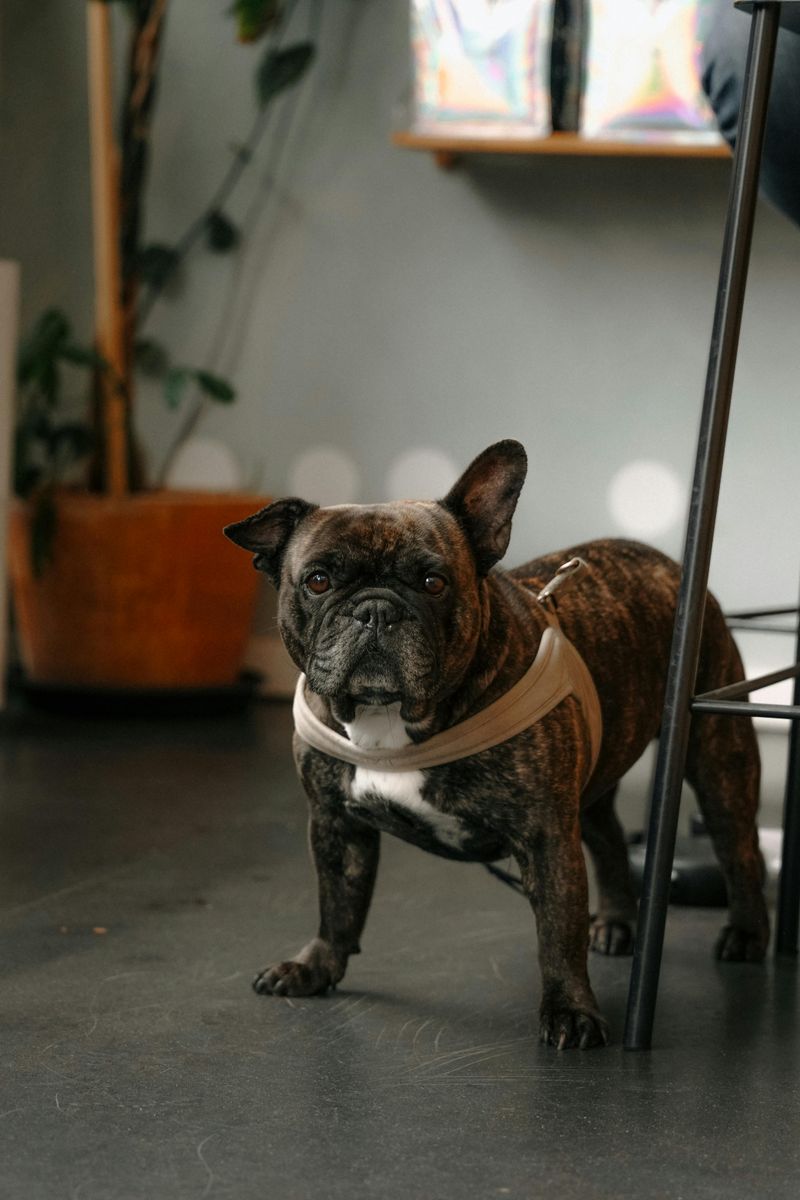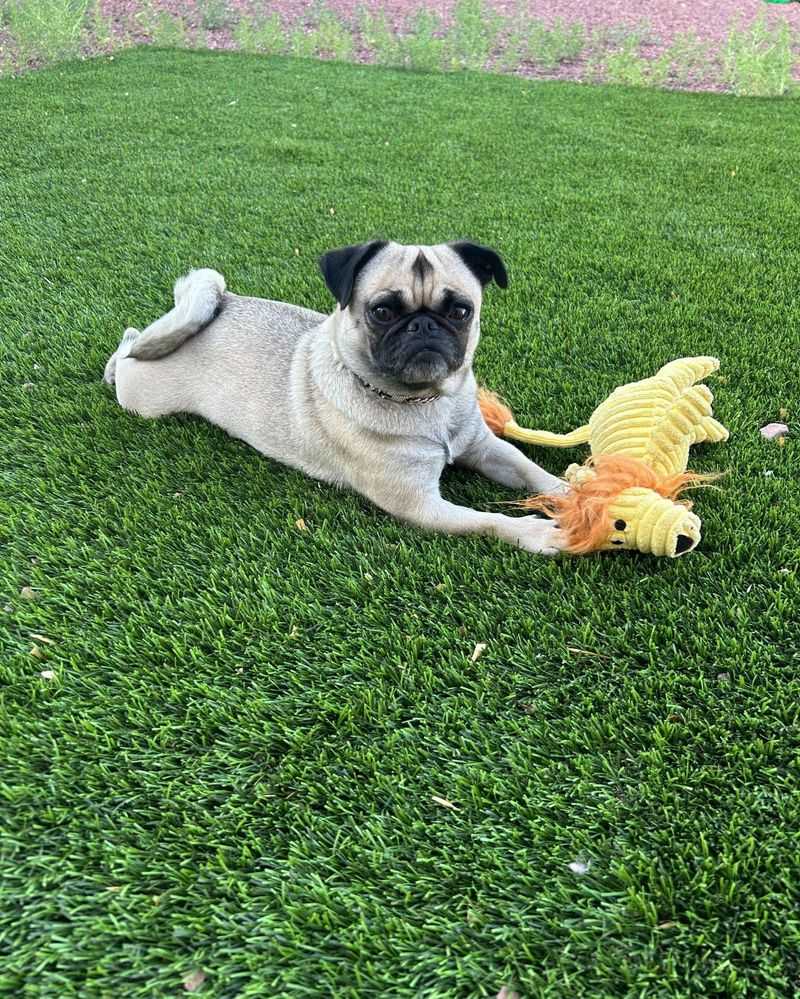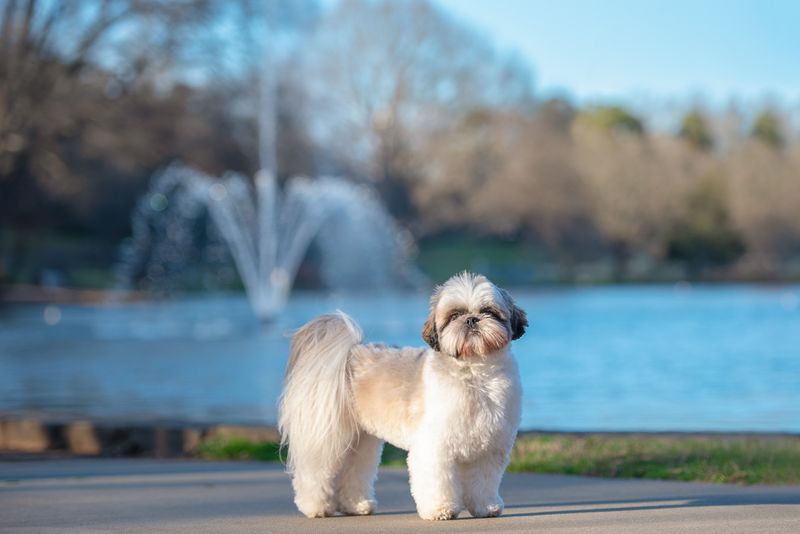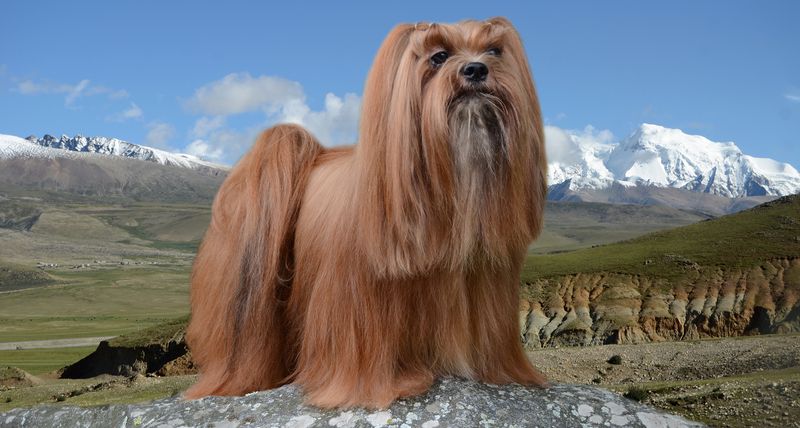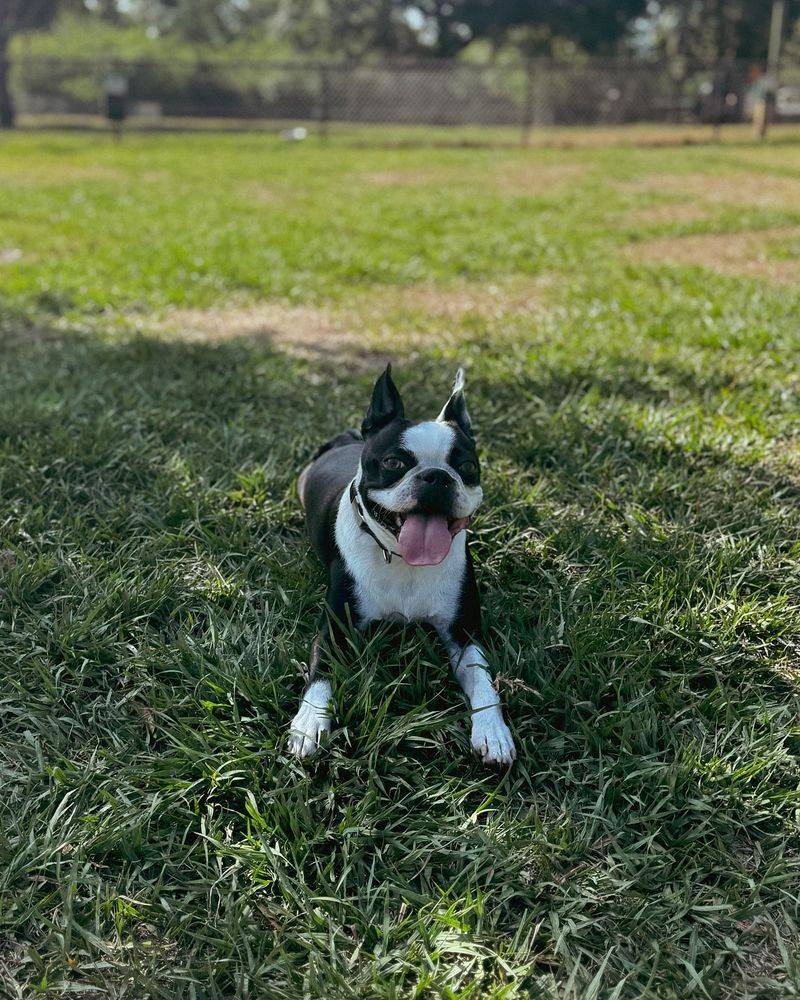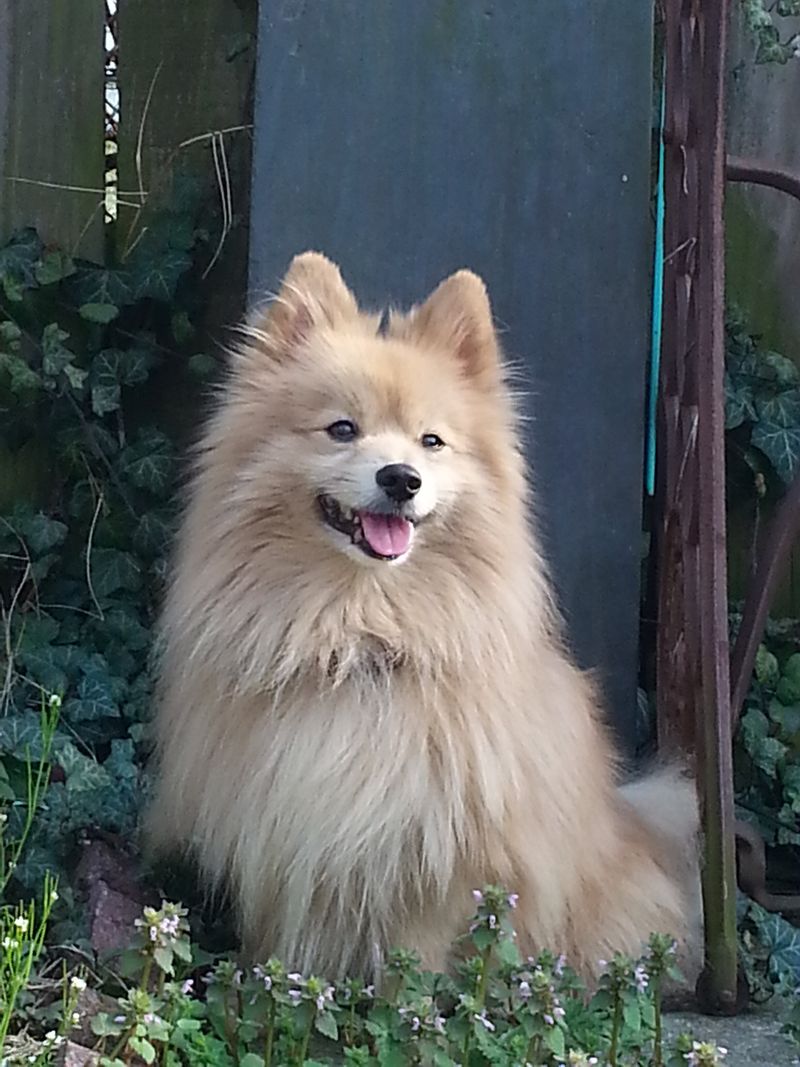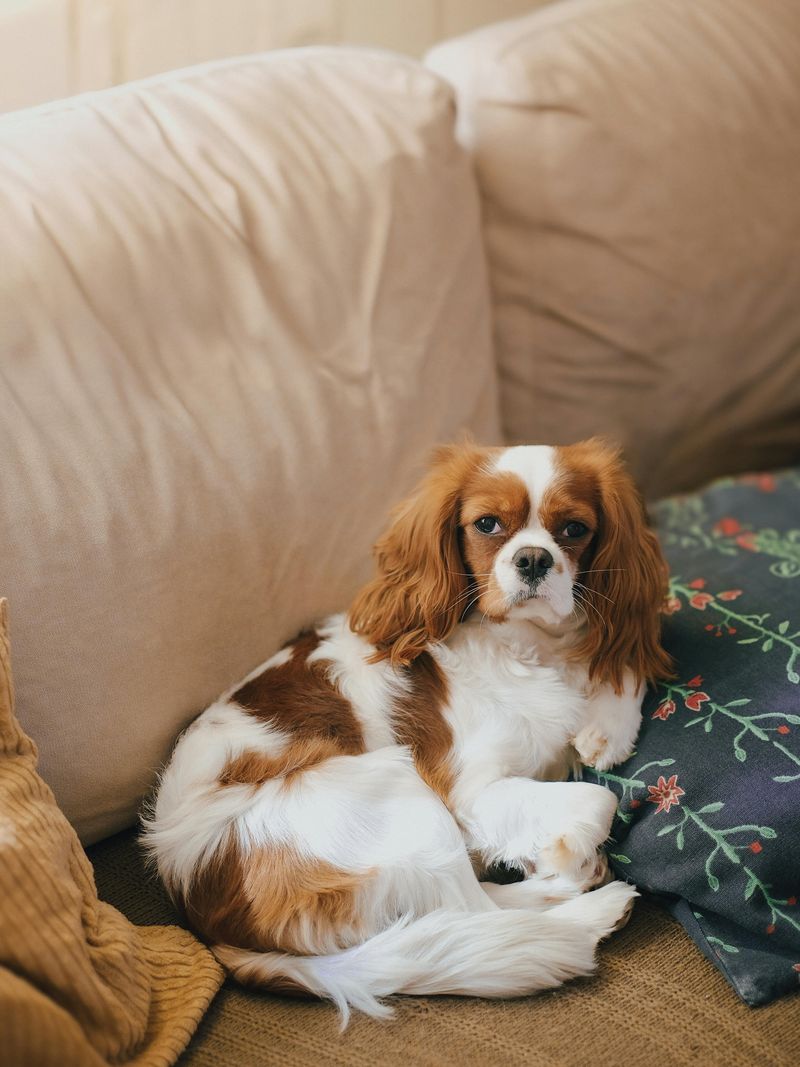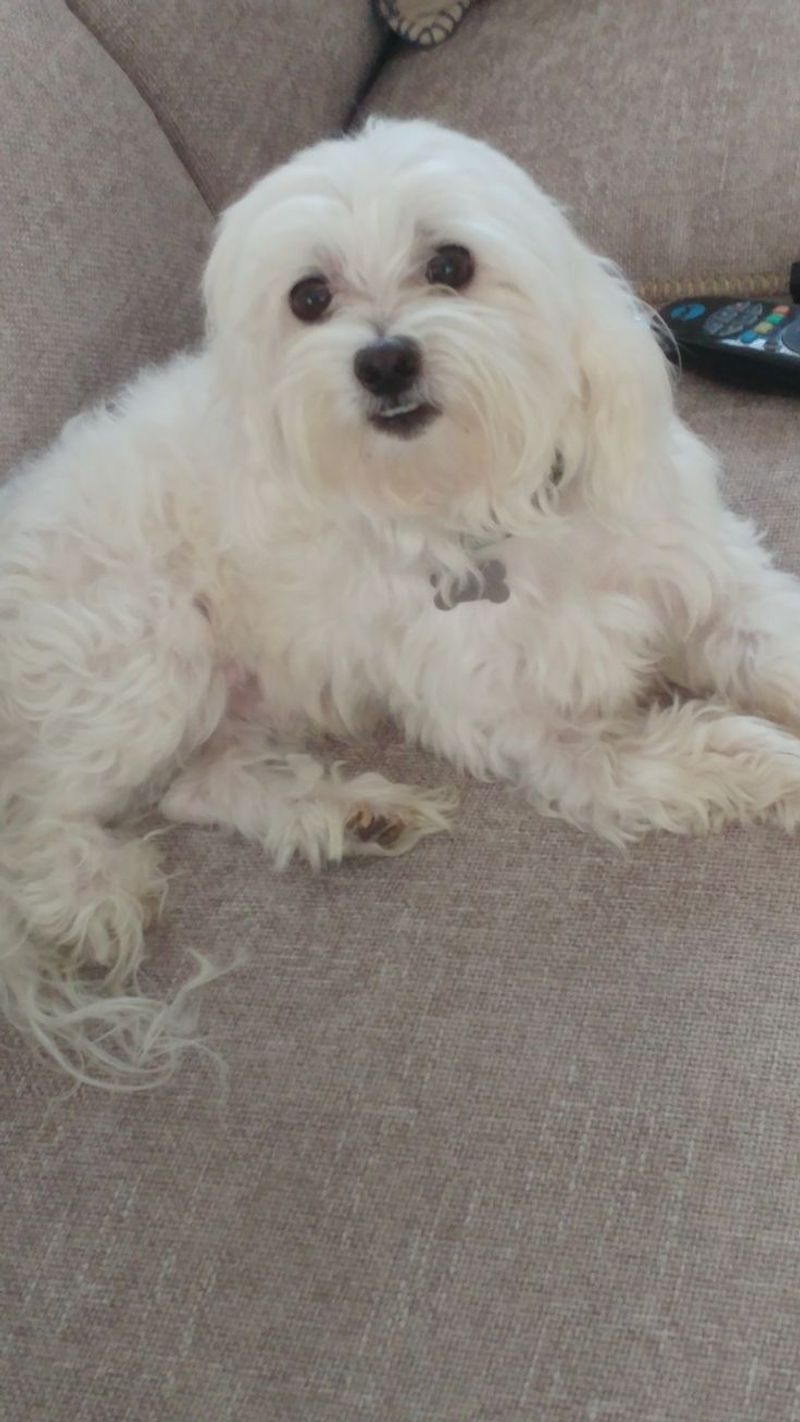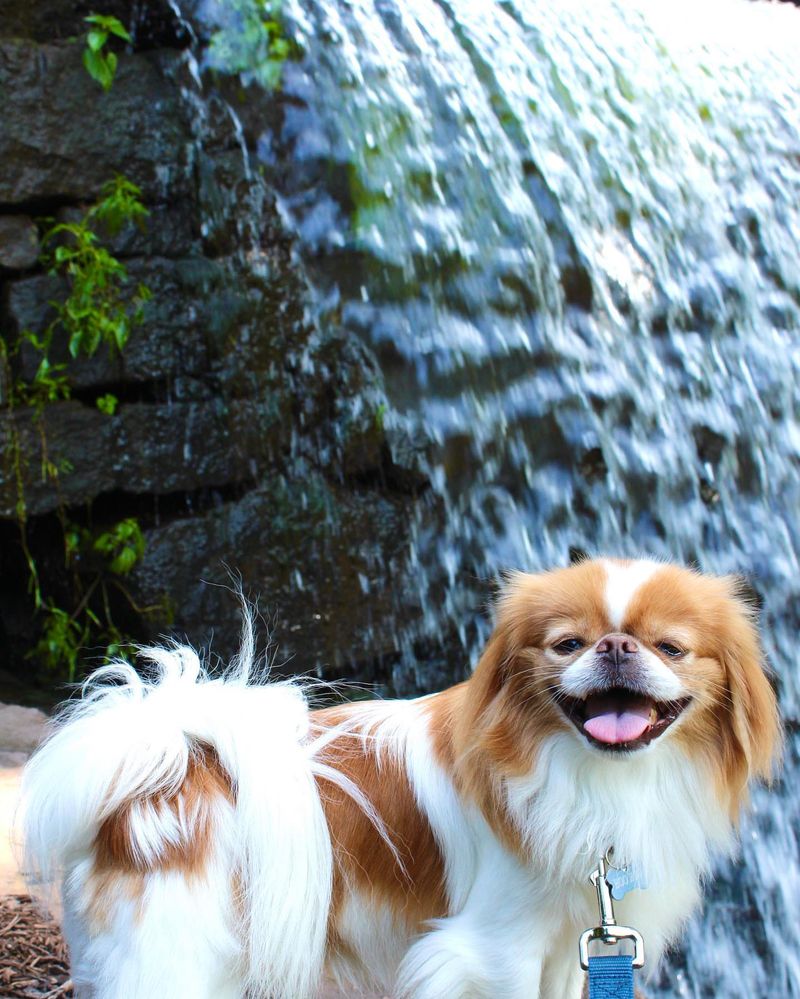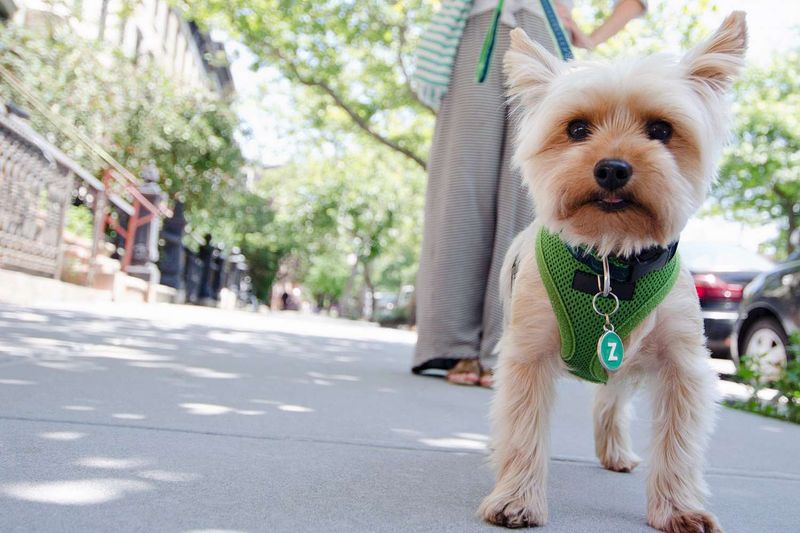Hunting dogs are often celebrated for their prowess and skills in the field. However, not every breed lives up to the legendary reputation their names suggest. From breeds that are more couch potato than hunter, to those whose instincts might be more inclined to chase butterflies than game, here’s a list of 15 such hunting dogs that might just surprise you with their unexpected traits.
Basset Hound
The Basset Hound, with its long, droopy ears and soulful eyes, is known more for its laid-back demeanor than any hunting prowess. While their sense of smell is remarkably keen, rivaling that of Bloodhounds, their low-energy lifestyle often finds them napping rather than chasing prey.
These dogs are more likely to be found stretched out on a couch, enjoying a lazy afternoon, than darting through the woods in pursuit of game. Their stubborn streak also means they can be challenging to train for focused hunting tasks.
Thus, despite their noble lineage, Basset Hounds often fall short in the hunting arena.
Bulldog
With their distinctively wrinkled face and muscular build, Bulldogs exude a unique charm. Yet, when it comes to hunting, they are more likely to befriend a butterfly than chase after game. Once bred for bull-baiting, these dogs now enjoy a leisurely life, often preferring sunbathing on the porch to engaging in active pursuits.
Their calm, friendly nature makes them excellent companions, but not necessarily hunters. Limited athleticism and a lack of intense prey drive further diminish their hunting reputation, leaving them more suited to companionship than fieldwork.
Pekingese
The Pekingese, with its lion-like mane and regal bearing, might look ready to rule a kingdom rather than roam a hunting ground. Bred as companions for Chinese royalty, these dogs are more accustomed to palace life than outdoor expeditions.
Their small size and independent nature make them more suited for comfort and companionship. While they may possess a bold personality, their hunting instincts are minimal. They are more likely to patrol their owner’s lap than a forest path, embodying a life of luxury rather than labor.
Chihuahua
The Chihuahua, famous for its pint-sized frame and feisty spirit, is unexpectedly low on hunting prowess. Despite their bold personality, these dogs are more familiar with city sidewalks than sprawling hunting grounds.
Their diminutive size and lack of physical stamina make them unlikely candidates for tracking game. Instead, they excel at providing companionship and affection. Often seen cozying up in handbags or strutting confidently down urban streets, Chihuahuas are better suited to city life than woodland adventures.
French Bulldog
French Bulldogs, with their bat-like ears and compact build, offer charm and companionship, but fall short in the hunting department. While they may be alert and curious, their physical limitations and lack of a strong prey drive make them unsuitable for traditional hunting roles.
These dogs thrive in urban environments, enjoying the comforts of home and the occasional stroll around town. Their affectionate and sociable nature make French Bulldogs popular pets, but their hunting instincts remain largely dormant, favoring leisure over labor.
Pug
Pugs, with their charming wrinkles and curly tails, are more likely to elicit laughter than demonstrate hunting skills. Originally bred as companions for Chinese emperors, they have a distinct penchant for play over prey.
Their affectionate nature and sense of humor endear them to families, but their compact size and breathing difficulties limit their stamina for extended activities like hunting. Instead of stalking game, Pugs are more apt to chase a ball or enjoy the simple pleasures of a cozy lap.
Shih Tzu
Shih Tzus, with their flowing coats and royal heritage, are reminiscent of opulent palace dogs rather than rugged hunters. These dogs were bred to be companions to Chinese royalty, a role they continue to fulfill with grace.
Their small stature and independent disposition make them more suited for leisurely walks than hunting expeditions. While they may exhibit a playful spirit, their hunting instincts are virtually non-existent, prioritizing companionship and comfort over the chase.
Lhasa Apso
The Lhasa Apso, with its long and flowing coat, carries an air of dignity that belies its origins as a sentinel in Tibetan monasteries. While they possess keen senses and a strong protective instinct, hunting is not their forte.
These dogs are more likely to stand guard over their home, alerting to any intruders, rather than pursuing prey. Their independent nature and strong-willed personality make them excellent companions, but not hunters. Instead of chasing game, they prefer to watch over their domain from a safe distance.
English Toy Spaniel
The English Toy Spaniel, with its soft, flowing coat and gentle expression, was bred for companionship rather than hunting. Known for their affectionate nature, these dogs are better suited to a life of luxury than labor.
Their small size and gentle demeanor make them ideal lap dogs, enjoying the comfort of an armchair over the thrill of the chase. While they may have once been the choice companions of royalty, their hunting instincts are minimal, preferring the warmth of an elegant home to the uncertainties of the wild.
Boston Terrier
Boston Terriers, with their tuxedo-like markings and lively personalities, are known more for their friendly disposition than any hunting skill. Bred as companions, these dogs excel in social settings, bringing joy and entertainment wherever they go.
Their compact size and playful nature make them ideal for family life, but their hunting instincts are underwhelming. Rather than pursuing prey, they delight in playtime and affection, making them wonderful companions but unlikely hunters.
Pomeranian
Pomeranians, with their fluffy coats and spirited demeanor, are known for their vibrant personalities rather than their hunting abilities. Despite their small size, they carry themselves with confidence and pride.
Bred from larger sled-pulling dogs, their petite stature now limits their outdoor pursuits. Instead of hunting, they excel in companionship, often found engaging in playful antics or prancing through gardens. Their bold character and lively nature make them delightful pets, but they lack the drive and endurance for hunting expeditions.
Cavalier King Charles Spaniel
Cavalier King Charles Spaniels, with their affectionate eyes and gentle demeanor, are the epitome of a companion dog. While their ancestors once served as hunting and retrieving dogs, today’s Cavaliers are bred primarily for companionship.
Their loving nature and desire for human interaction far outweigh any hunting instincts they might have retained. They prefer the comfort of a warm sofa and the company of their human family over the rigors of the hunt, making them cherished pets rather than hunting partners.
Maltese
The Maltese, with its pristine white coat and gentle presence, is a breed that embodies elegance over exertion. These dogs were bred for companionship, often found in the company of aristocracy.
Their small size and affectionate nature make them ideal lap dogs, thriving in the comfort of a loving home. Hunting instincts are virtually absent, as they prefer the pleasures of indoor life over outdoor pursuits. With a history rich in companionship, Maltese dogs are more suited to pampering than to prowling.
Japanese Chin
The Japanese Chin, with its distinctive coat and charming demeanor, is a breed rooted in aristocratic companionship. Known for their elegance and grace, these dogs are more suited to life as a cherished pet than a hunting partner.
Their small size and gentle nature make them perfect for indoor living, favoring the tranquility of a garden over the challenges of a hunt. While their history is steeped in nobility, their hunting instincts are minimal, preferring to enjoy serene surroundings rather than pursue prey.
Yorkshire Terrier
Yorkshire Terriers, with their silky coats and spunky attitude, are more accustomed to city living than hunting fields. Originally bred to catch rats in mills, their role has evolved into that of a beloved companion.
Despite their small size, they possess a bold nature and a keen sense of curiosity, making them adventurous in spirit. However, their hunting days are mostly behind them, as they embrace the comforts of urban life, exploring bustling streets and enjoying the company of their human family.
